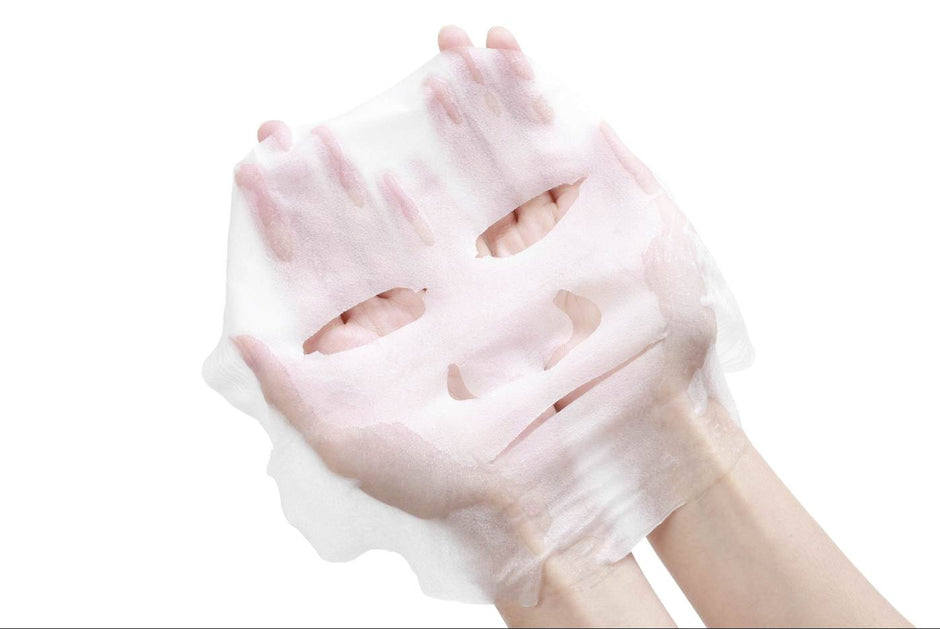Exfoliation plays a crucial role in enhancing the results of any skin care treatment. Here are some great reasons why you can expect better outcomes after a good professional exfoliation:
Enhanced product absorption: Exfoliation removes the layer of dead skin cells that can act as a barrier on the skin's surface. By eliminating this barrier, exfoliation allows ingredients to penetrate more effectively into the skin. As a result, it maximizes their benefits, and helps deliver much better results.
Improved skin texture: By removing the build-up of dead skin cells and promoting cell turnover, it can soften rough patches, help to even out skin tone, and even reduce the appearance of fine lines. Overall, exfoliation creates a smoother canvas for skin care treatments to work, leading to a more polished and even complexion.
Skin rejuvenation and radiance: Exfoliation promotes the renewal of skin cells and stimulates the production of fresh, healthy cells. By encouraging this process, exfoliation helps to rejuvenate the skin and restore its natural glow.
Overall, exfoliation acts as a catalyst for optimizing the effectiveness and longevity of a skin care treatment. By improving product absorption, refining skin texture, promoting rejuvenation, and prolonging the results, exfoliation helps you achieve the best possible outcomes from your treatments.
Choosing the right exfoliant is essential to ensure optimal results and minimize potential skin irritation. There are two primary types of exfoliants: physical and chemical.
Physical exfoliants utilize granules or brushes to physically slough away dead skin cells. These can range from gentle options like finely ground oatmeal or sugar scrubs to more abrasive choices like apricot kernel scrubs. When selecting a physical exfoliant, it's crucial to choose one with fine particles and avoid harsh or irregular textures that can cause micro-tears in the skin.
On the other hand, chemical exfoliants use acids or enzymes to dissolve dead skin cells. Common chemical exfoliants include alpha hydroxy acids (AHAs) like glycolic acid and lactic acid, beta hydroxy acids (BHAs) such as salicylic acid and fruit enzymes such as those found in pineapple and papaya.
Alpha Hydroxy Acids (AHAs): AHAs, such as glycolic acid and lactic acid, are water-soluble acids derived from fruits or milk. They are known for their ability to gently exfoliate the skin's surface, improve skin texture, and promote a more even skin tone. AHAs are suitable for most skin types, particularly dry or sun-damaged skin.
Beta Hydroxy Acid (BHA): The most common BHA used in skincare is salicylic acid. BHAs are oil-soluble acids that can penetrate deeper into the pores, making them effective for oily and acne-prone skin. BHA exfoliants help to unclog pores, reduce inflammation, and treat blackheads and whiteheads.
Enzymes: Enzymes like papain (derived from papaya) and bromelain (derived from pineapple) are natural exfoliants. They work by breaking down the protein bonds that hold dead skin cells together, promoting gentle exfoliation. Enzyme exfoliants are especially suitable for sensitive or delicate skin types. And a recent discovery…Lipase is an enzyme that can offer several benefits for congested skin:
Breakdown of excess oil: Lipase can break down and metabolize oils, including sebum, which is the natural oil produced by the skin. In cases of congested skin, where excessive oil production can lead to clogged pores and breakouts, lipase can help to reduce oiliness and promote a clearer complexion.
Unclogging of pores: Lipase can assist in unclogging pores by breaking down sebum plugs and trapped impurities. This can help to prevent the formation of blackheads, whiteheads, and other types of acne. By clearing the pores, lipase contributes to a smoother and more even skin texture.
Exfoliation: In addition to its role in oil breakdown, lipase also offers exfoliating properties. It can help to remove dead skin cells and promote cell turnover, revealing fresher and healthier skin. By eliminating the build-up of dead cells, lipase aids in the prevention of clogged pores and promotes a clearer complexion.
Balancing of skin's lipid barrier: Lipase can assist in maintaining a healthy lipid barrier on the skin's surface. The lipid barrier acts as a protective layer that helps to retain moisture and defend against external aggressors. By supporting the balance of the lipid barrier, lipase can help regulate oil production, reduce inflammation, and support overall skin health.
Reduction of inflammation: Congested skin often goes hand in hand with inflammation, redness, and irritation. Lipase can help to alleviate these symptoms by reducing the excess oil and impurities that contribute to inflammation. It may help calm the skin and promote a more balanced complexion.
Physical Exfoliants: Physical exfoliants involve the use of granules or particles to physically slough away dead skin cells. Common physical exfoliants include sugar, salt, oatmeal, rice bran, jojoba beads, or finely ground nuts. These exfoliants provide a manual scrubbing action to remove dead skin cells and can be adjusted in intensity depending on the size and texture of the particles.
Fruit Acids: Fruit acids, such as citric acid from citrus fruits, malic acid from apples, or tartaric acid from grapes, offer mild exfoliation benefits. They help to remove dead skin cells, improve skin texture, and enhance brightness. Fruit acids are often used in gentler exfoliating formulations.
Microbeads: Microbeads, typically made of plastic or polyethylene, were previously used in exfoliating products but are now being phased out due to environmental concerns. It is advisable to avoid products containing microbeads and opt for more sustainable alternatives. FYI, none of our products contain microbeads.
When choosing an exfoliating product, consider the skin type you are working with, sensitivity, and the specific concerns you want to address. It's always advisable to start with a lower concentration or gentler formulation, gradually increasing frequency or strength as tolerated by your skin, particularly when working with chemical peels. Additionally, always prioritize sunscreen application after exfoliating, as the freshly revealed skin may be more susceptible to UV damage.








